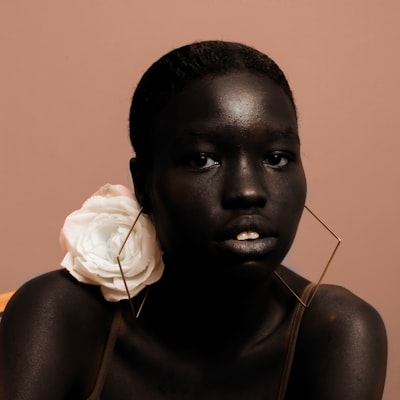Acupuncture & Tui Na

Healing with Tui Na (pronounced 'twee-NAH') has been used for centuries. The ancient Chinese used it in order to achieve balance of the chi, also called the vital energy of the body. It was believed to restore health to the tissues, organs joints, muscles and joints. Because of its curative powers, Tui Na was used by the Chinese as a remedy against poison and other drugs.
Tui Na employs a variety of physical techniques to address dysfunctional body areas. 출장안마,출장마사지 It's a form of bodywork which improves blood flow, realigns tight ligaments, relieves stress, and so on. A variety of structural or anatomical problems can be effectively cured using Tui Na. You can either learn Chinese medicine or Tui Na through private, guided practices or by studying an instruction manual or video on the internet.
Recently, I had a fascinating conversation with a Spanish professor who instructs an Tui Na class at the local university. He asked me what I knew about the healing technique. 출장안마,출장마사지 I explained to him that I just finished my study of the healing technique, and that I had also taken a course in Chinese medicine and worked with Chinese herbalists. I explained to the Spanish professor that Tui Na is an old version of Chinese medicine, but that it was widely used in Europe before it was picked up by the Chinese.
According to the Spanish professor Tui Na's appeal lies in its appeal to both east-west. Whereas some forms of Chinese medicine are practical, like Acupuncture, other forms are more philosophical, like TCM. He continued, saying that in America, you will find many who believe that Tui Na is just another way of selling you products, such as energy drinks. He attributes this perception to the fact that a large portion of those who promote Tui Na do not really know about it themselves. They aren't able to make any progress with it.

For instance, the herbalist who was explaining Tui Na to me promoted it on the basis of Qi Gong principles, which are basically the same concepts that I teach in my Kung Fu classes. I explained to the professor that TCM was not something I could recommend to someone who wasn't aware of it. It was also different from Chinese medicine. The professor continued by saying that he did not comprehend Qi Gong principles, so it was not possible for him to give the Tui Na suggestion to a patient without proper education. He was unable to sell Tui Na to the general public. I suggested that he open it to students who already had basic knowledge of Chinese medicine for a nominal fee but he would not do so.
Translating his statement into English In English, he said that Tui Na was a scam to make money from people who knew the system. This is not the only explanation, however. There are some who feel that the method Professor Yang describes Tui Na makes it appear as if it were less important than Chinese medicine itself. It has been noted that Tui Na can be difficult to master and that many people who have learned it are unable to keep practicing. This is among the arguments that are used by those who oppose TCM.
Whatever the reason, it is undeniable that Tui Na has become an issue. It could be that many TCM practitioners aren't eager to invest the time and effort to study Chinese medicine. Although this is understandable given the demands of everyday life, it raises questions about the legitimacy of the whole endeavor. Arguments that Tui Na is insignificant to Western medicine are due to the fact that Western medicine has attempted to reinvent itself for decades while the east has done the exact same thing for centuries.
So while we must admit that there are problems with Chinese medicine and Tui Na however, it is also true that there are some gaps that need to be filled. One such gap is the one in Tui Na sensitivity. Western medicine employs a variety of herbs to mimic acupuncture. However, the truth is that acupuncture is effective in increasing the body's sensitivity to external stimulus. The body's ability to detect and respond to external stimuli increases Tui Na. This is why it is called "motion related" in Chinese. Tui Na and Acupuncture seem to be two different concepts.
